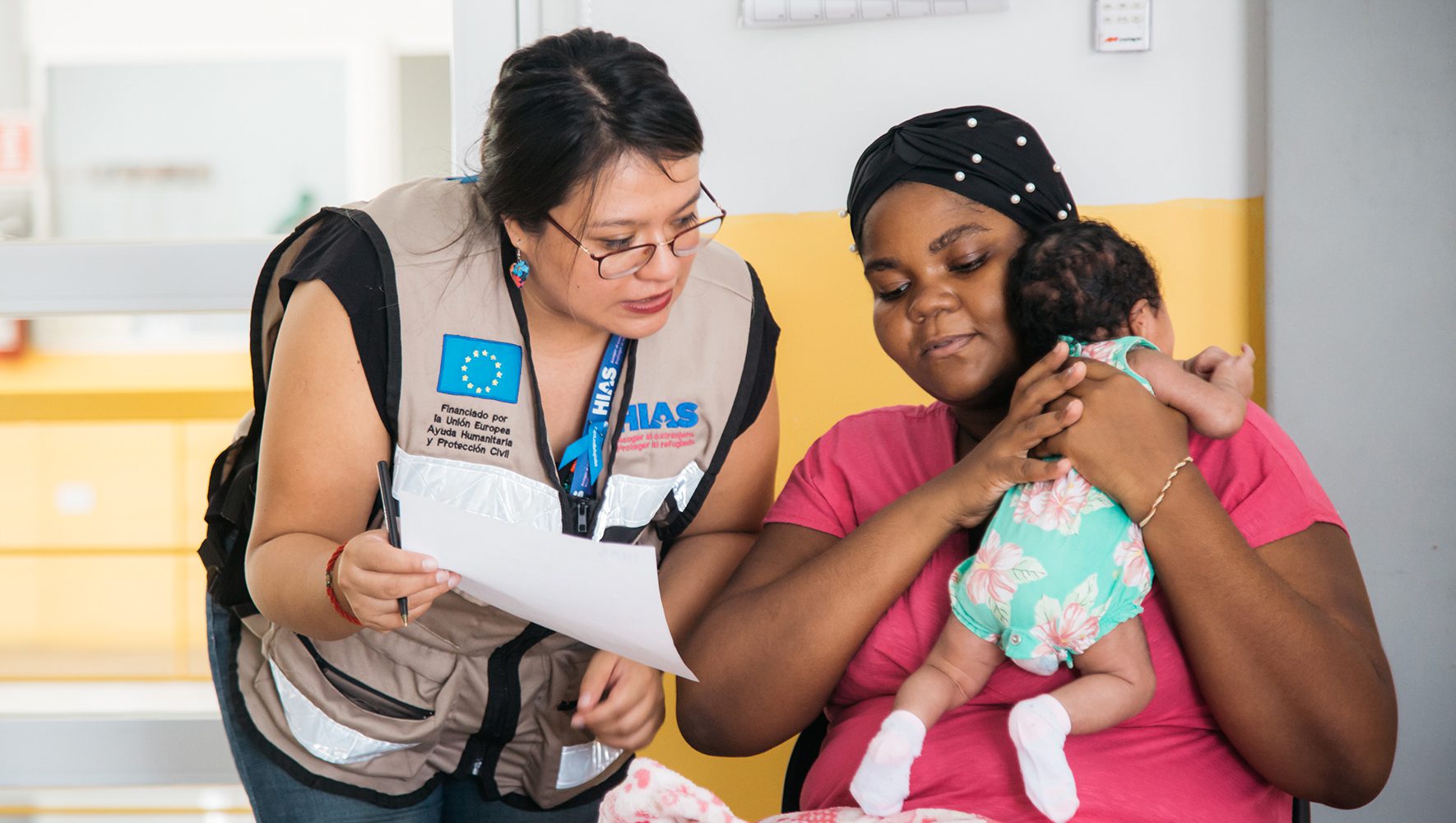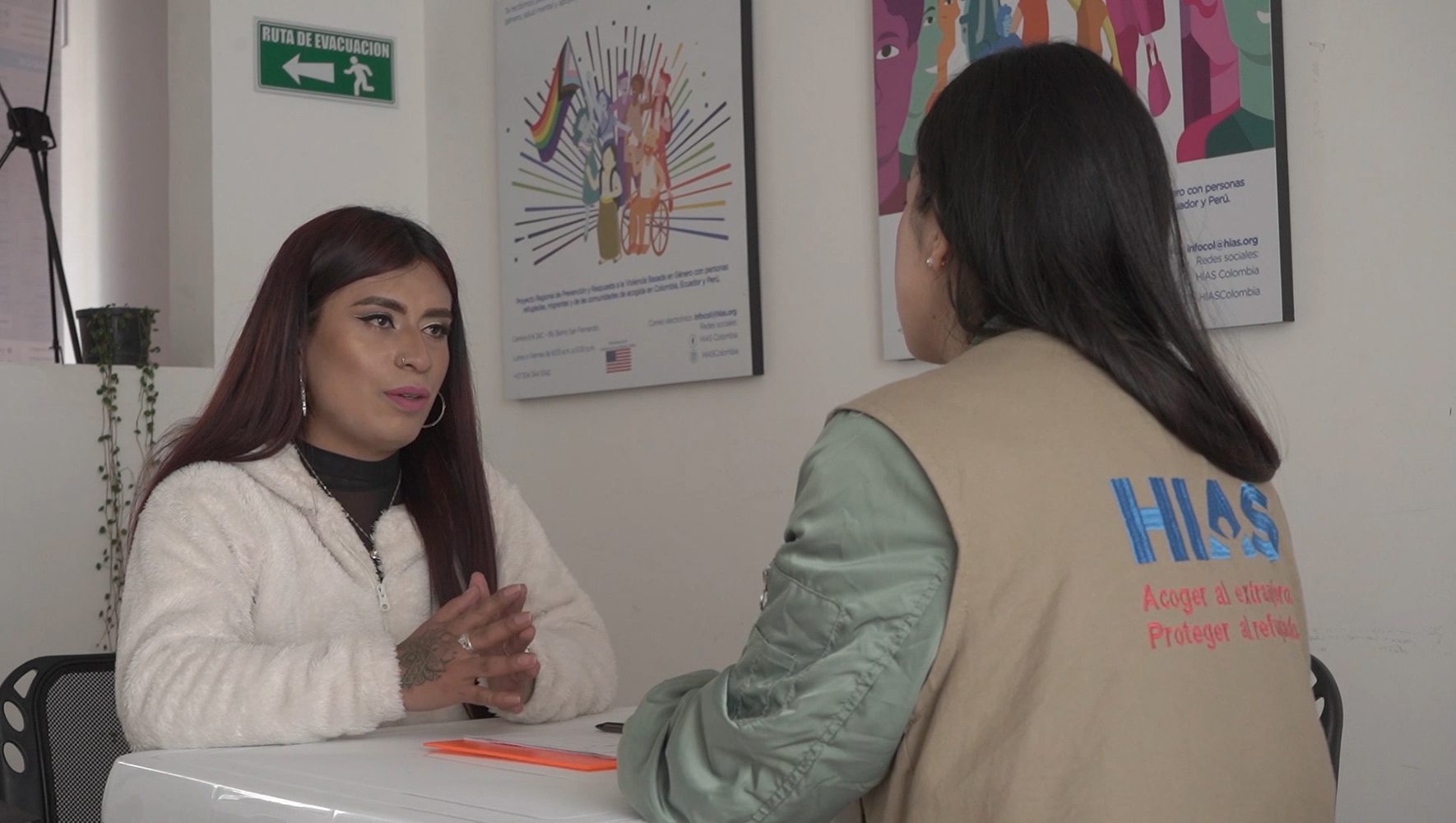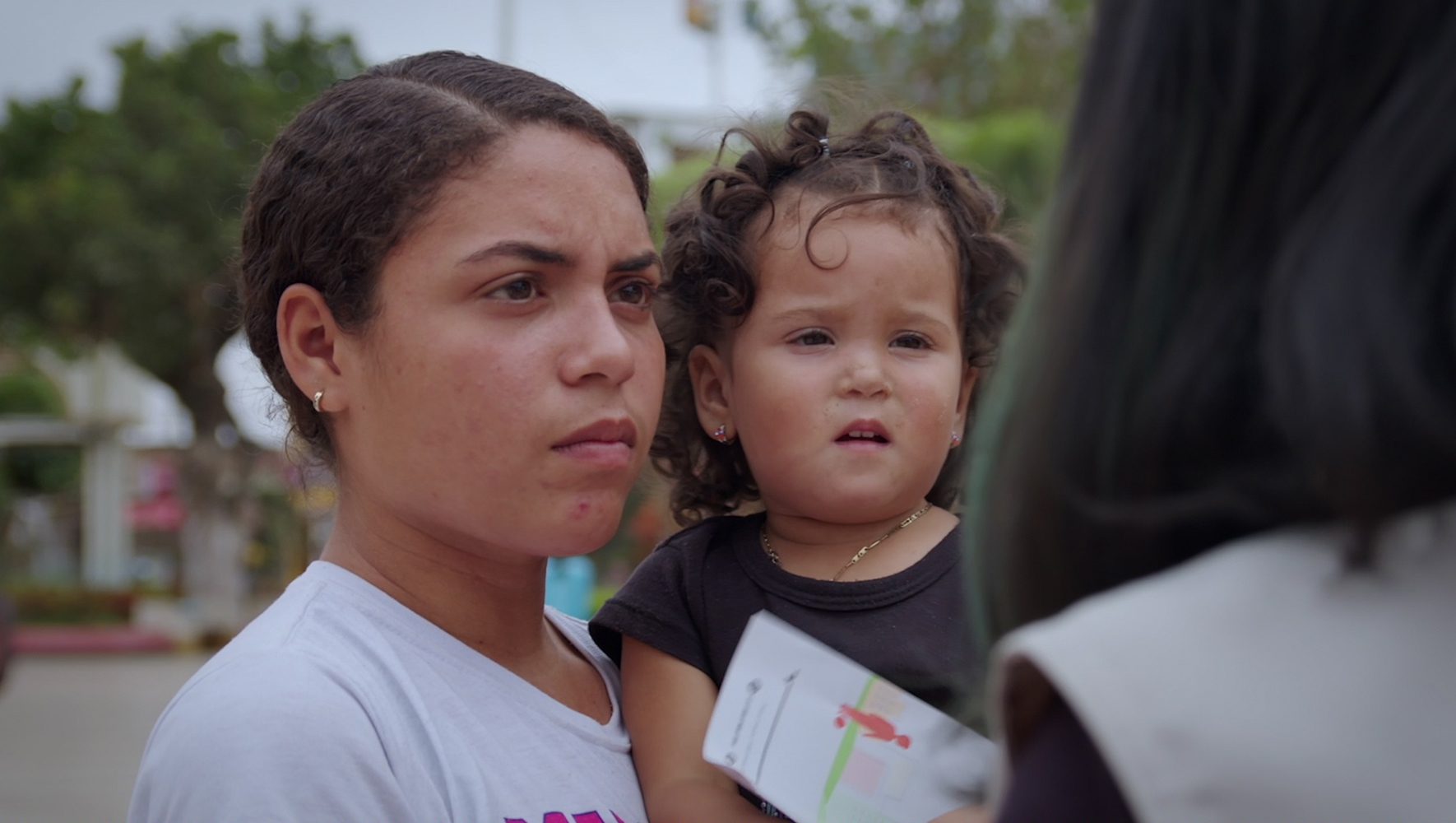WATCH: Honoring the Resilience of Refugees
Jun 14, 2019
Every year on June 20, we recognize the struggles and strength of the millions of men, women and children refugees around the world. Driven from their homes by persecution, violence and fear, refugees face perilous journeys fraught with challenges as they seek safety and freedom.
As the organization leading the Jewish response to the global refugee crisis, HIAS is working to address these challenges head on:
Violence
Most refugees flee their homes because of violence that may include armed conflict, bombings, sexual and gender-based attacks, or torture. Many become victims once again during their journeys or in the countries where they end up.
HIAS provides survivors of violence with critical counseling and psychosocial support to address the shame, grief, and isolation these victims often feel. Our role in facilitating access to health and other services services means survivors know they are not alone.
Poverty
When refugees arrive in a new country many face deep struggles as they try to provide for themselves and their families.
HIAS focuses on economic empowerment – providing opportunities to learn new skills and encouraging local businesses to hire refugees so they can become more economically self-sufficient.
Lack of Access to Rights
Most refugees live for years – even decades – on the margins of foreign cities or in refugee camps. Many are not allowed to work and have trouble accessing medical care, school for their children or legal assistance.
HIAS helps refugees navigate complicated legal systems, particularly focusing on ensuring that the most vulnerable – including children, survivors of torture, those with disabilities, and LGBTQ individuals – can access their fundamental rights and protection under the law.
Xenophobia and Psychological Distress
Many refugees carry psychological distress that can interfere with their ability to function and be well. Refugees often face social stigmas; those from marginalized groups, including LGBTQ, religious minorities, people with disabilities, and survivors of torture and sexual and gender-based violence have an even more difficult time than the general refugee population.
HIAS staff implement psychosocial services – including community-based and stand-alone programs – to empower communities, families, and individuals to care for themselves and each other as they establish new lives built on dignity and self-sufficiency.
Providing Solutions
In countries around the world, HIAS tries to provide durable solutions for refugees, including local integration (for refugees who can safely rebuild their lives in the country to which they fled), resettlement (for the most vulnerable refugees who are particularly unsafe), and repatriation (when circumstances have changed significantly enough that it is safe to return home).
World Refugee Day is a moment to honor refugees around the globe seeking safety for themselves and their children, and to remember both their challenges and their resilience. It is also a day to reflect on who we are and what we stand for when it comes to caring for those seeking to rebuild their lives.
As the population of refugees and displaced persons across the globe reaches yet another all-time high, the United States and other countries can and must do more to ensure that refugees have access to safety. Learn more about how you can get involved and take action here.



